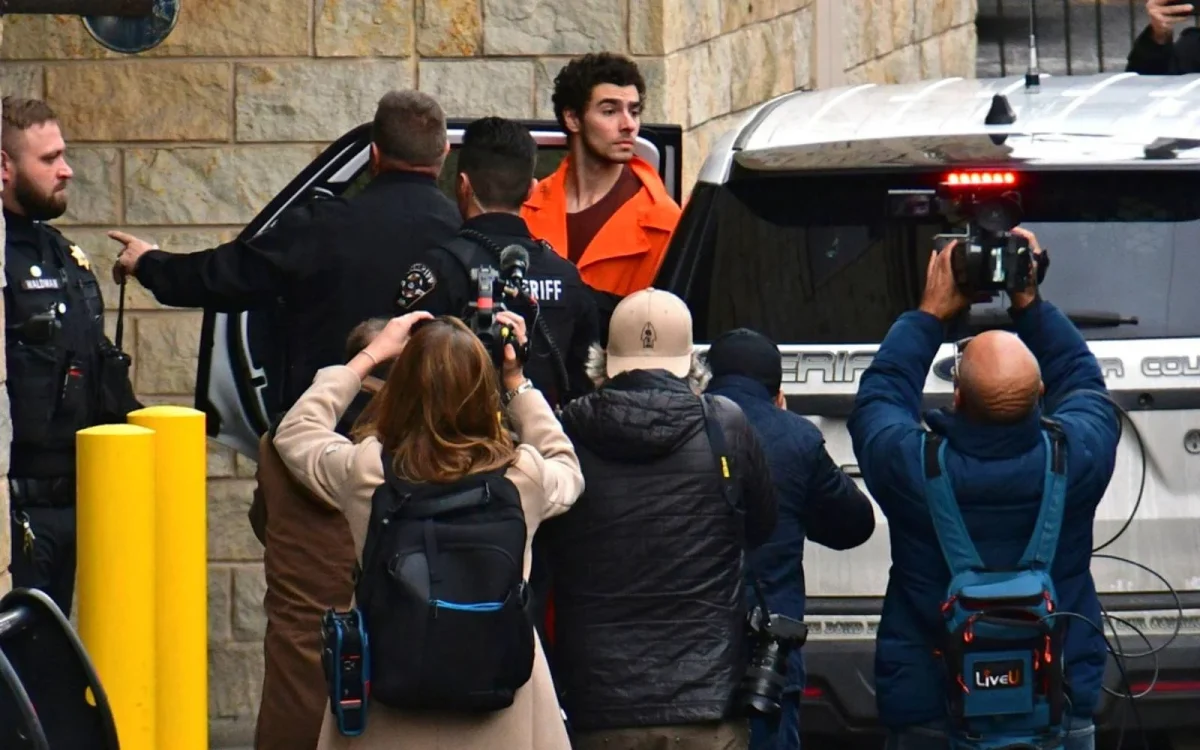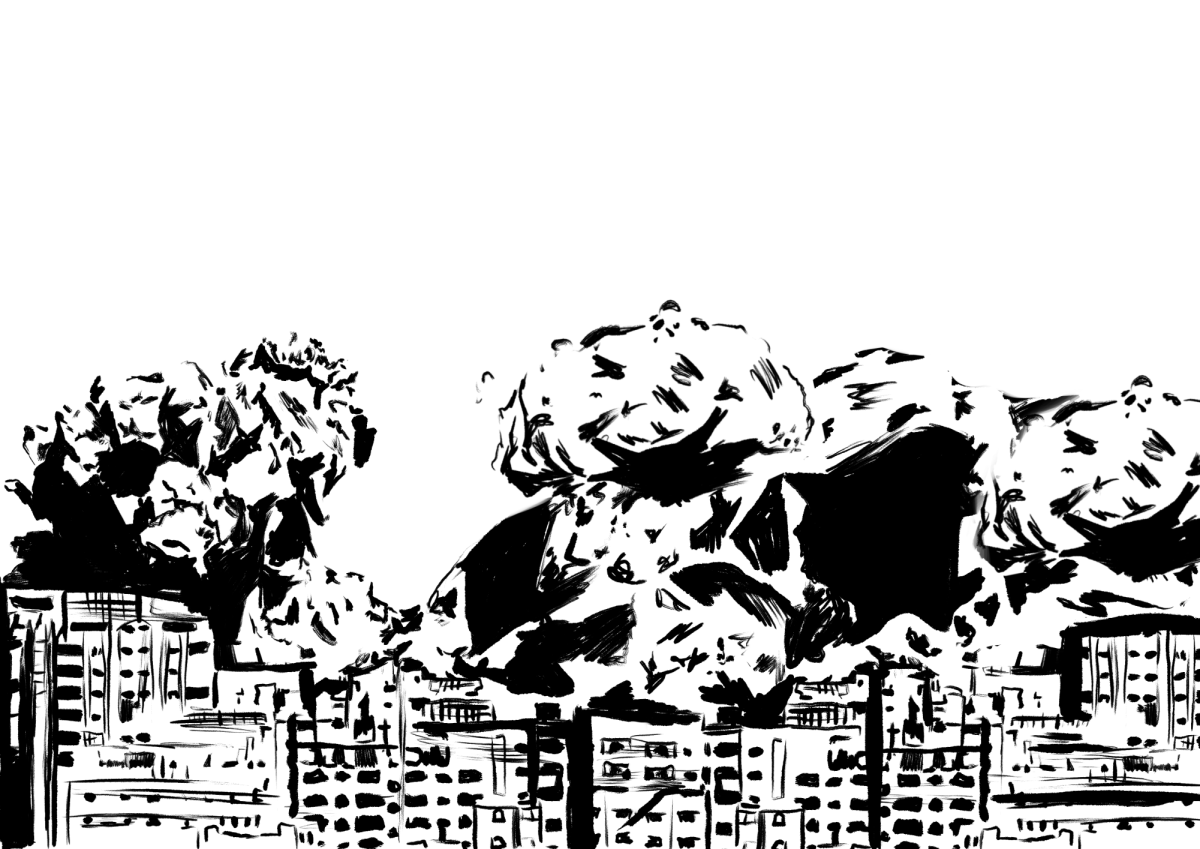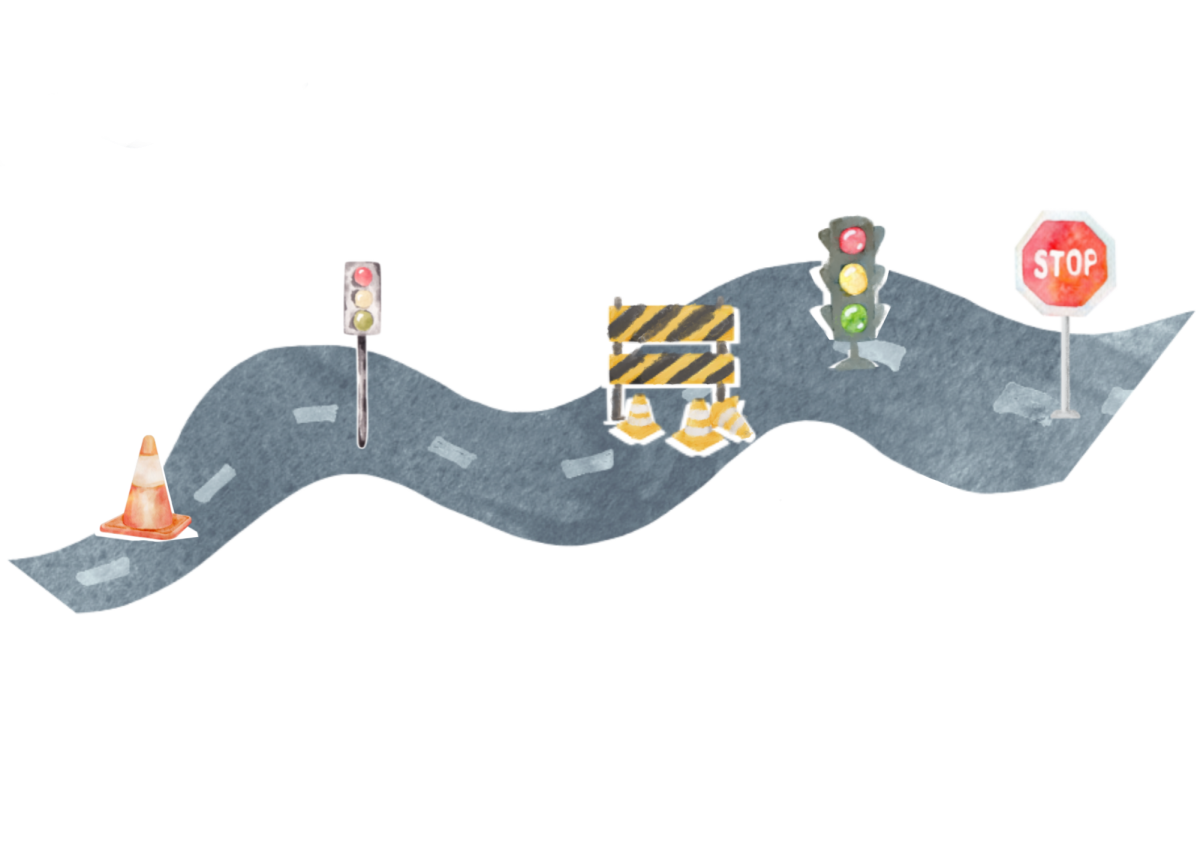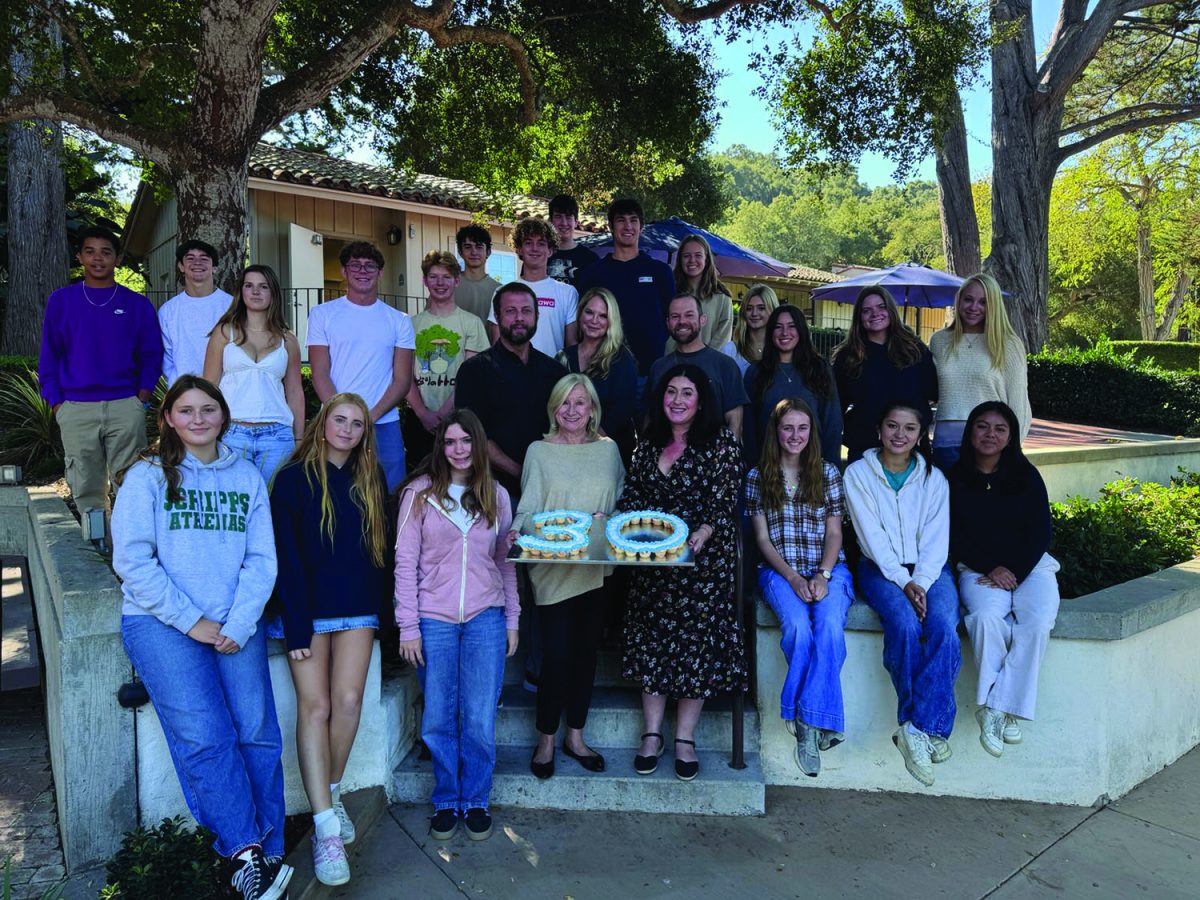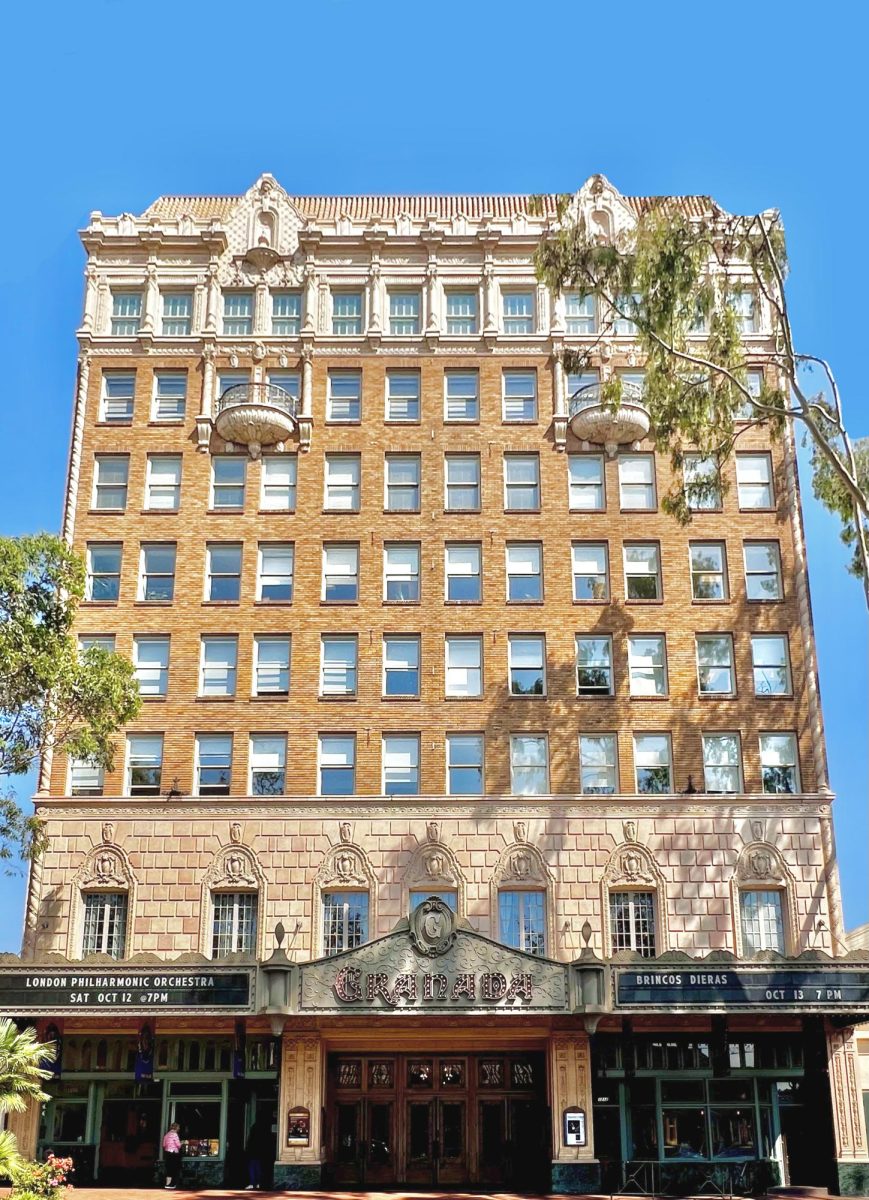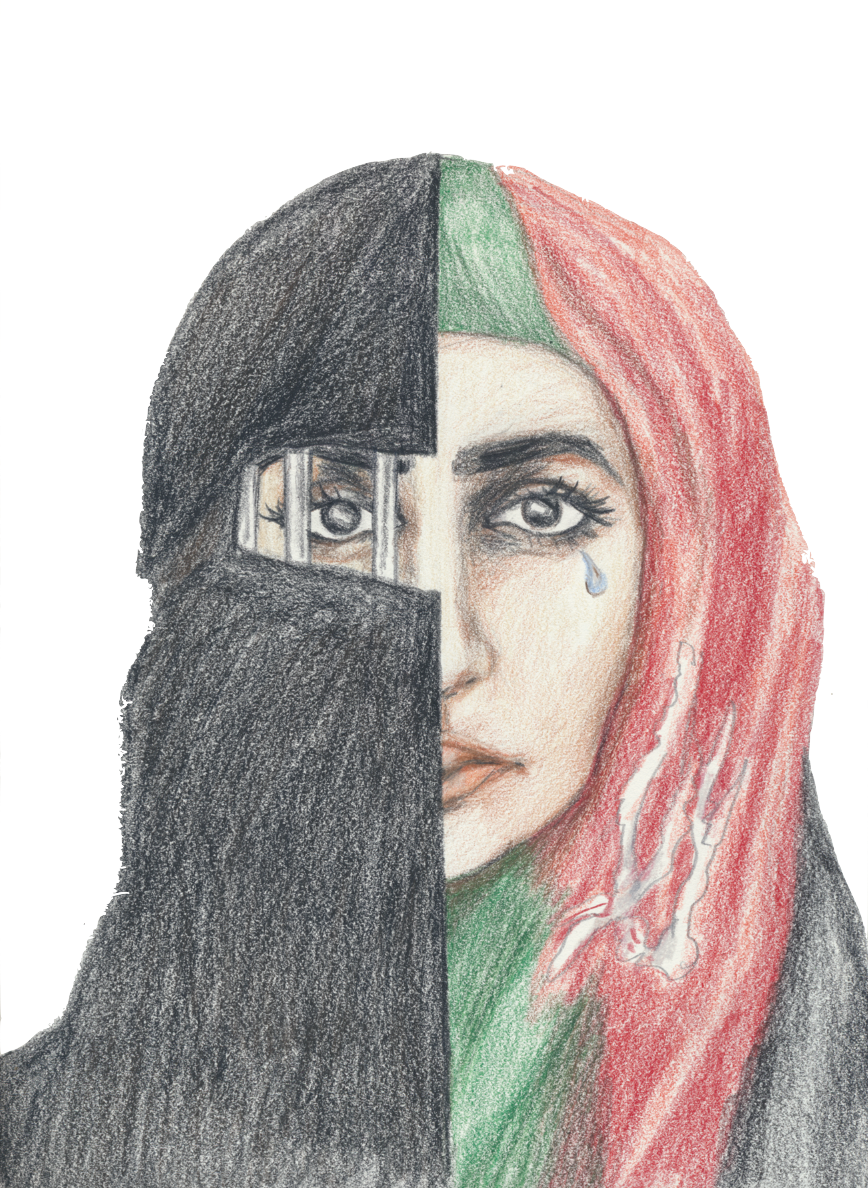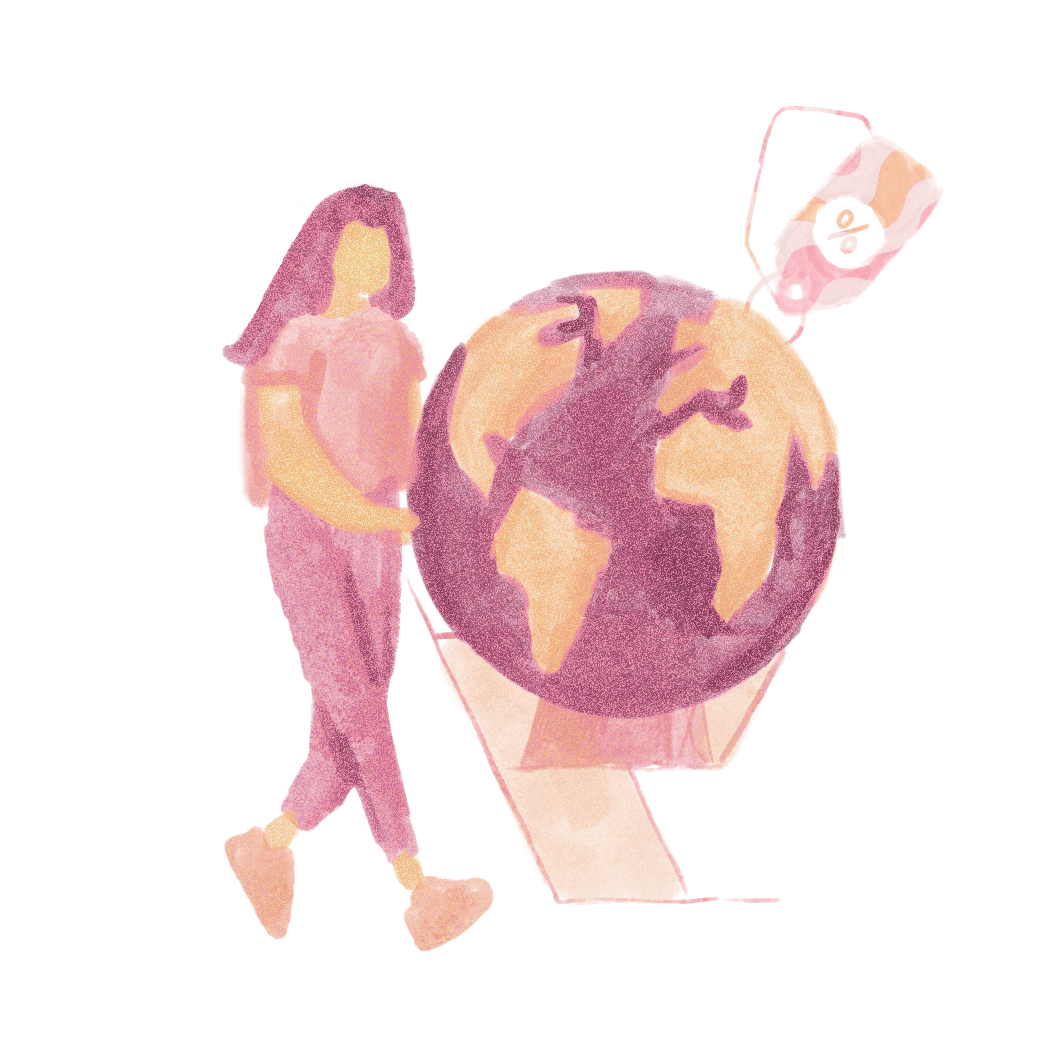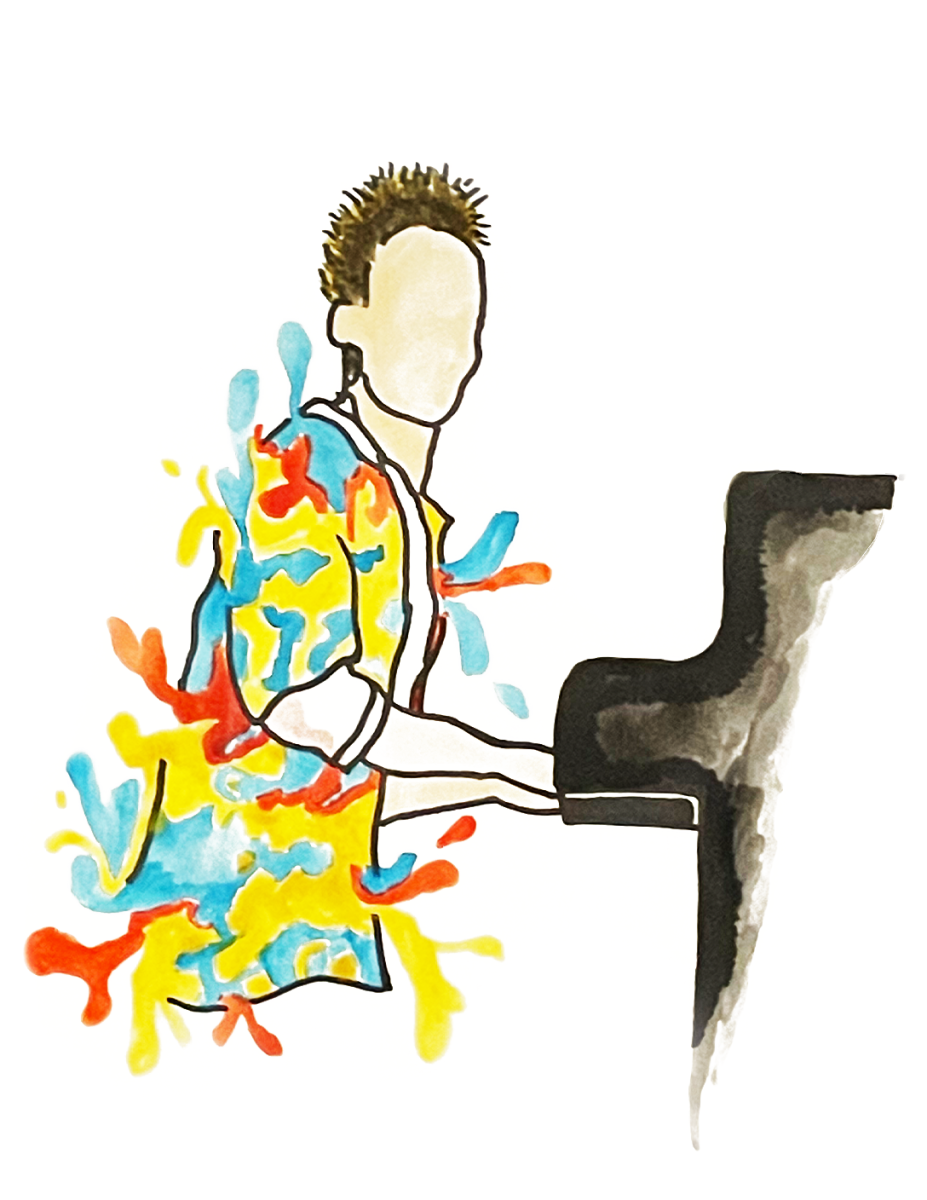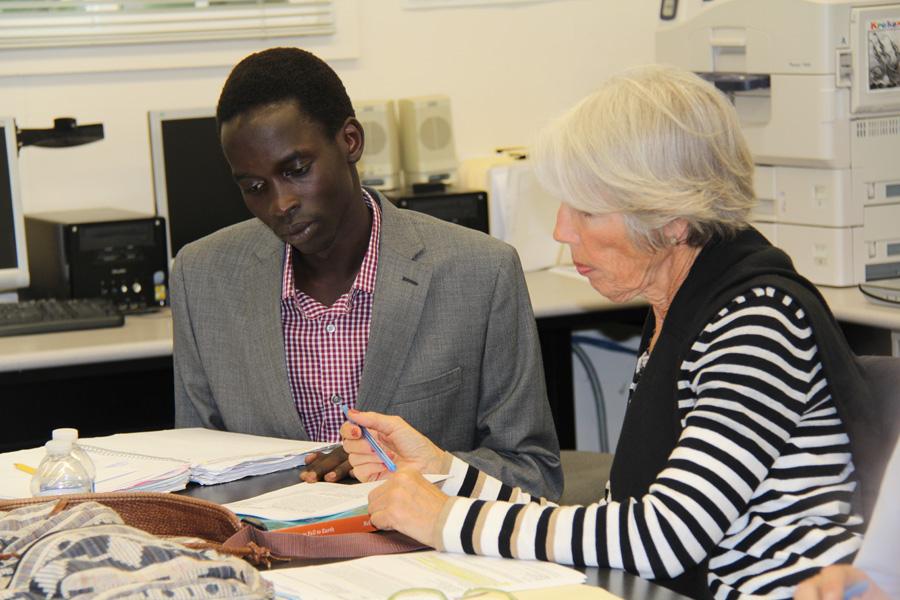Militiamen threatened Nyoul’s family as he was shot at, buried in a hole, at five years old. Nyoul Tong is a former South Sudanese refugee. He was forced to flee to his country’s capital—a capital he came to know as being ravaged by alcohol, crime, rape, kidnap, and a poignant divergence between the wealthy imams and the poverty of those with darker skin.
Nyoul became responsible for finding food for his sisters, displaced in his own country.
In 2003, Nyoul’s family fled to Cairo, Egypt. There, his pursuit of education began. As a nine year old who was told he couldn’t walk into the school classroom along his with Muslim friend, he asked, “What else do I need to receive the benefits that all other children have?”
Nyoul restated this question Friday, May 18. Now, a Californian graduate of Dunn School and a current sophomore at Duke University, Nyoul said, “I needed more to be treated as a human being.”
“I am a proud African, and it is not easy to depict an image of horror. It is difficult because I am here—because of the dignity of my people. I will tell the truth, but not victimize.”
Nyoul was one of four guests to speak at Laguna’s first global study to 160 high school students along with 45 parents and additional members of the community.
War, for Nyoul, was a reality that he accepted. “We learned to live around it,” he said.
“I flirted with death, but death was never eminent because I was always connected by love. I lived in poverty, but I was never poor. I don’t know what being poor is like.”
“To have a day dedicated to study a topic was Mr. Slocombe’s idea. It was done at his former school, and he asked a lot of us [teachers] who were interested to make a proposal,” said history and government teacher Ms. Martha Elliott,
A bunch of different ideas of topics that might be discussed were suggested, and Mr. Slocombe shared the ideas with a faculty advisory board, and they picked genocide.”
“We believe that our students should leave Laguna Blanca aware of the challenges and responsibilities they will face as global citizens. We have taken a first step in what we hope will become a significant global studies program,” said Headmaster Paul Slocombe.
Ms. Elliott spearheaded the event, bringing world renowned speakers to share their experiences and ideas with the Laguna community. Nyoul was joined by Rebecca Tinsley, Horacio Trujillo, and Maria Segal.Ms. Tinsley is a journalist and human rights activist who has dedicated her life to working with survivors of genocide and international policy.
She founded Waging Peace, a London-based group campaigning on Darfur, and Network for Africa, a nonprofit that works with survivors of genocide. Tinsley earned a law degree from the London School of Economics, previously worked as a BBC reporter, and stood for election to the UK Parliament twice.
She spoke of preserving the dignity of the people she advocates for. Speaking of the Rwandan women she works with,
“They define themselves as survivors, not victims.”
Maria Segal, now a grandmother of six, one of whom is currently a senior at Laguna, is a Warsaw ghetto survivor. A volunteer at the Santa Barbara Jewish Federation as a docent for the Portraits of Survival Exhibit and is profiled in the permanent Santa Barbara Holocaust survivors exhibit. She shares her story with high school students, law enforcement agencies, and groups of adults.
Horacio Trujillo is an adjunct Professor of Diplomacy and World Affairs at Occidental College and Director of Research for Human United.
Trujillo has worked as an advisor on strategy for the international development efforts of the US Agency for International Development.
While Trujillo spoke of a gradual decline in international conflict, Tinsley confronted the Laguna community with the idea that genocide in its very nature is entirely human.
“Ignorance is universal,” said Tinsley.
“All of you [students] are going to leave here, go off to college, graduate from college, and be taking a role as citizens of the world. You, more than any other generation, are going to live in a world that is so interconnected that you need to be aware of issues that effect us not just as a country but as a world. Global warming, free trade, genocide—these are issues that you need to think about before you have to with them as adults,” said Ms. Elliott.
“I am grateful that Global Studies Day offered me the opportunity to hear firsthand accounts of an insights into genocide—most notably from Nyoul Tong, whose recollections of adaptation to and recovery from a childhood in war resonate with me. I was especially moved by his conclusion that education is the only solution to the world’s struggles with human rights,” said senior Cameron Platt.
The ground breaking Global Studies Day was, “Above and beyond what we hoped for,” said Mr. Hodges said.
Following the presentations, students tackled the issue of genocide in small breakout discussion groups, critically thinking about human rights on a worldwide scale.
“I hope that this continues, but, more so, I hope we expand our curriculum to look at these global topics in every area of study,” said Ms. Elliott.

